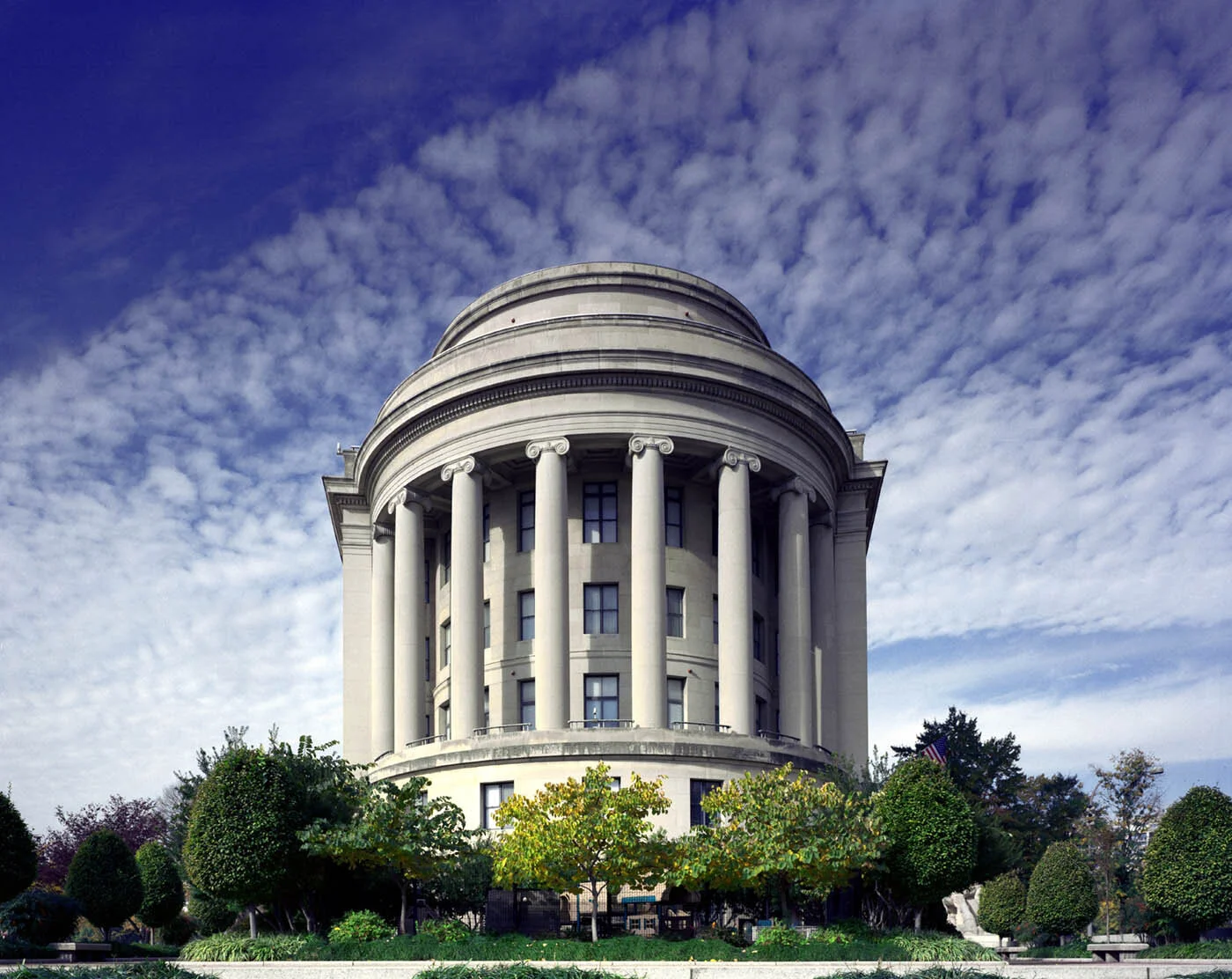Claire Kelloway writes about the overwhelming control exerted by delivery apps, and the sustainability of restaurants in the midst of this era.
Read MoreOpen Markets Institute policy analyst, Daniel Hanley, published an academic article where he analyzes the ways in which big tech companies, including Google, Amazon, Facebook, Apple and Microsoft, engage in anti-competitive behavior as a means of retaining their users — essentially reducing the options for users to seek business elsewhere.
Read MoreBarry Lynn publishes an article discussing straightforward politics of industrial interdependence and dependence, in a system marked by extreme concentrations of industrial capacity.
Read MoreOpen Markets Institute legal director Sandeep Vaheesan and Nathan Schneider at the University of Colorado published a paper on the Pennsylvania State University Law Review on cooperative enterprise and its place in the antimonopoly tradition. They lay out the advantages of cooperative firms relative to investor-owned corporations and offer ideas on reforming antitrust to protect and promote cooperation.
Read MoreOpen Markets Legal Director Sandeep Vaheesan published an article in the Maryland Law Review on how antitrust law protected capital and punished labor in the original Gilded Age and in the second Gilded Age in which we live. Although the specific doctrines and rules today are different than they were a century ago, antitrust is once again doing little to check corporate domination of markets and also preventing a significant fraction of the labor force from organizing.
Read MoreIn the Harvard Law Review, Lina Khan and David Pozen explore ways to disrupt the emerging consensus by identifying a number of lurking tensions and ambiguities in the theory of information fiduciaries, as well as a number of reasons to doubt the theory’s capacity to resolve them satisfactorily.
Read MoreIn this paper, Sandeep Vaheesan and Nathan Schneider explore how cooperative ownership models can mitigate the effects of monopoly and oligopoly and advance the interests of consumers, workers, small business owners, and citizens.
Read MoreExecutive Director Barry Lynn writes in a paper for the AFL-CIO Commission on the Future of Work and Unions, about the political origins of America’s monopoly problem, the magnitude of the problem, and some of the specific ways in which Big Tech corporations such as Google and Uber make the monopoly problem worse.
Read MoreIn the Georgetown Law Technology Review, Lina Khan writes about the growing share of our commerce and communications that tech platforms possess.
Read MoreIn this report, Open Markets Institute explores the historical role of competition policy in protecting independent journalism in America.
Read MoreIn the Yale Law Journal Forum, Lina Khan writes about America's market power problem.
Read MoreIn the Yale Law Journal Forum, Sandeep Vaheesan writes about challenging the empirically deficient economism that has had an extraordinary influence on antitrust law over the past forty years.
Read MoreLina Khan publishes a piece in The Journal of European Competition Law & Practice on the key tenets of the new anti-monopoly movement.
Read MoreLegal director Sandeep Vaheesan argues that the rise of monopoly and oligopoly in America is result of conscious policy choices initiated in the late 1970s and 1980s that succeeded in focusing antitrust law on the narrow concept of economic efficiency and establishing legal standards friendly to powerful businesses.
Read MoreLina Khan and Sandeep Vaheesan present a vision of antitrust that accords with what Congress intended in enacting “this comprehensive charter of economic liberty” and offer specific policy prescriptions.
Read MoreOpen Markets Institute policy director Phillip Longman edited a groundbreaking special issue of the Washington Monthly on racial justice. View here, a selection of articles from that issue, which examined the origins of the racial wealth gap, especially its origins in policies that favored monopolies while denying opportunities to African Americans to build assets.
Read MoreExecutive Director Barry C. Lynn writes in The Financial Times about how radical laisser faire management of industry has led to vulnerable, fragile world systems.
Read MoreExecutive Director Barry C. Lynn publishes a detailed article in Harper’s Magazine on supply chain fragility and industrial interdependence.
Read More

















